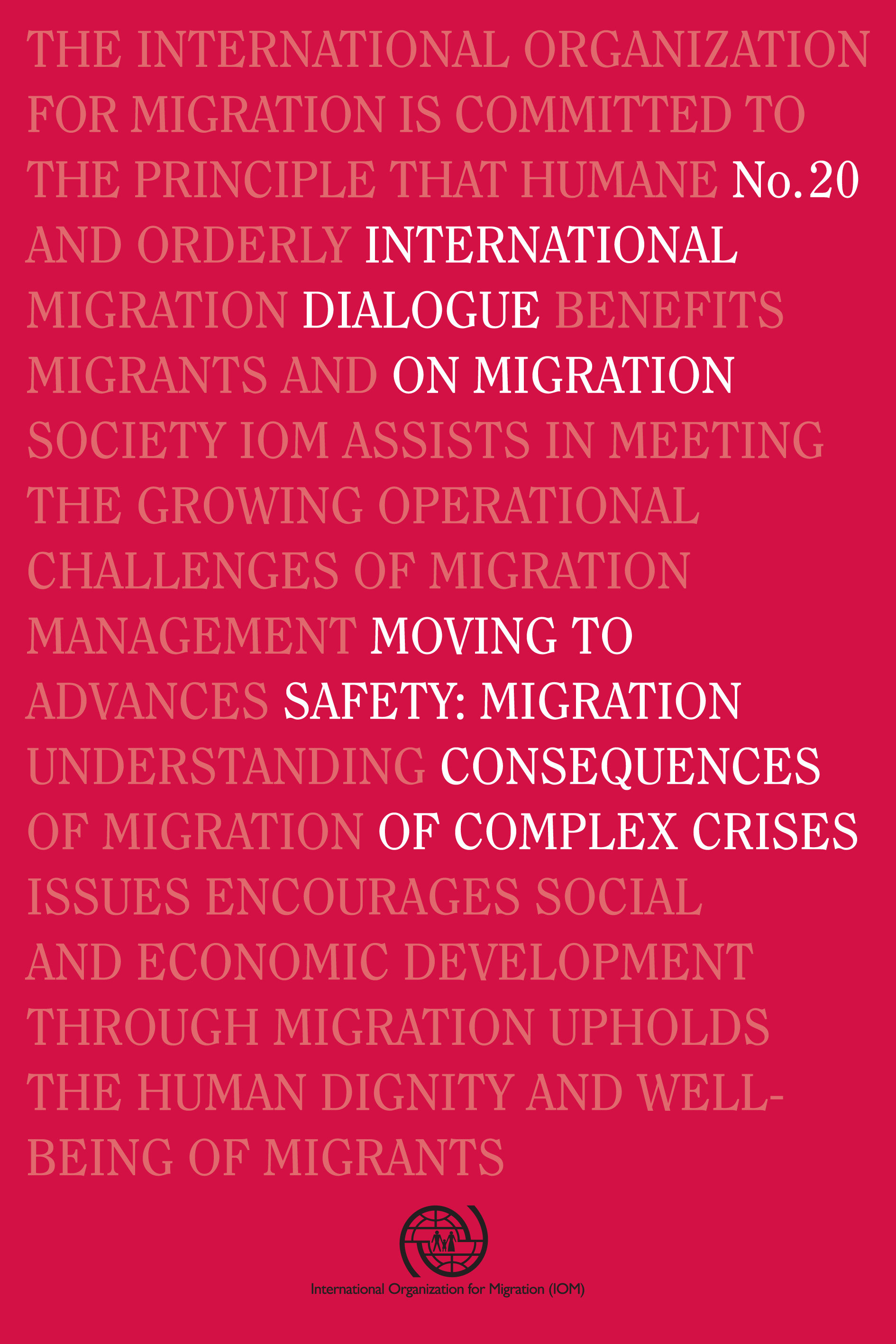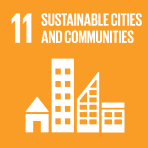Background paper

- Author: International Organization for Migration
- Main Title: International Dialogue on Migration No. 20 , pp 73-85
- Publication Date: August 2012
- DOI: https://doi.org/10.18356/9789210026727c008
- Language: English
“Migration crises” constitute large-scale, complex migration flows as a result of crises. This paper explores ways to complement humanitarian systems with migration management approaches in responding to migration crises. It argues that complex crises produce varied mobility patterns which are better addressed using both humanitarian and migration management frameworks. The latter encompasses policies in the areas such as facilitating migration (e.g. labour, family migration); regulating migration (e.g. return, border management); migration and development (e.g. remittances, diaspora); and cross-cutting protection provisions (e.g. human rights, access to asylum). Complex crises can be triggered by a range of causes which may be natural, man-made or both, as well as sudden or slow in onset. As a complex crisis manifests, it typically generates disorderly and predominantly forced movements of people, either internally or across borders, which expose affected populations to significant vulnerabilities.
-
From This Site
/content/books/9789210026727c008dcterms_title,dcterms_subject,pub_keyword-contentType:Journal -contentType:Contributor -contentType:Concept -contentType:Institution105


